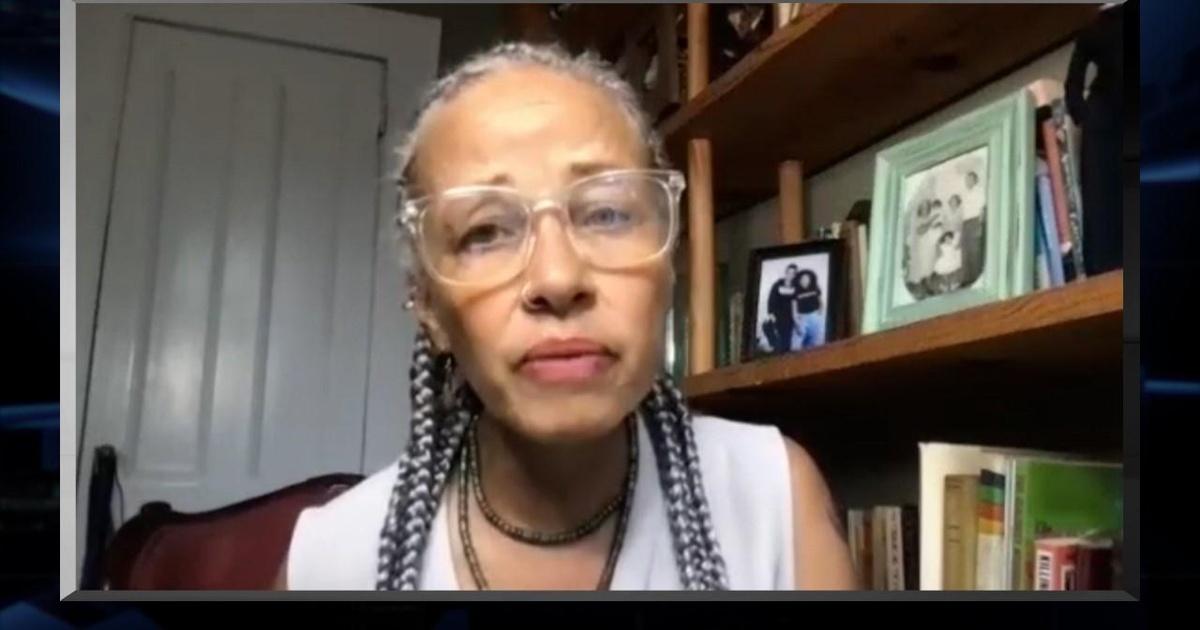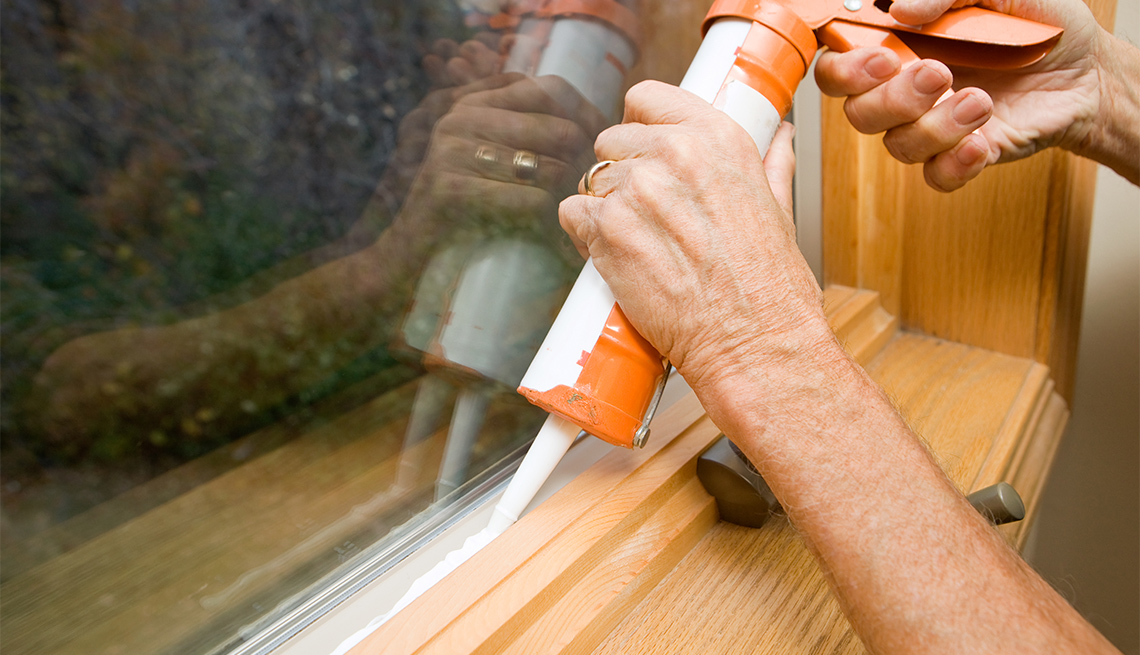
- Select a language for the TTS:
- UK English Female
- UK English Male
- US English Female
- US English Male
- Australian Female
- Australian Male
- Language selected: (auto detect) - EN
Play all audios:
It was a convincing Tory victory – the biggest in seats since 1987, and in votes since Thatcher’s first victory in 1979, and the worst Labour performance in seats since 1935. Underneath all
the UK-wide trends there is no longer such a tangible and real thing as British politics. Instead, we have what can be described as four-nation politics. England voted Tory; Scotland SNP;
Wales narrowly Labour; and the DUP is just ahead in Northern Ireland, although outnumbered by its republican opponents. The UK has never been more divided and the union more contested.
Scotland’s election gave the SNP an emphatic victory: 45 per cent and 48 seats — an increase of thirteen seats, with the Tories on 25.1 per cent and six seats — down seven, Labour 18.6 per
cent and a mere one seat — down six, and the Lib Dems on 9.6 per cent and four seats, the same as two years ago. This is the third Westminster election in a row that the SNP has won
emphatically. They have humiliated the Scottish Labour Party — the once dominant and powerful force north of the border — which has lost its place and purpose. The Tories after Ruth Davidson
thought they still had a proven vote winner with a manifesto based on “No to indyref2”. The Lib Dems after starting with high hopes, went nowhere. Jo Swinson lost her seat. She was leader
for a mere 143 days. It was a strange election in Scotland. The SNP under the popular Nicola Sturgeon was on the back foot on Brexit and independence. Yet the SNP’s cautious centrism under
Sturgeon has, with all its limitations, shown itself to be in tune with a significant number of voters. The party is proudly centre-left, progressive, pro-public services and avowedly
European, while trying not to scare middle-class voters with radical policies or tax rises. It is an approach that has worried and alienated some SNP and independence supporters. They fret
about the direction of the party, the culture of the leadership and its propensity to centralisation, command and control, and how to frame a new independence offer. A key questions on the
latter is how to get indyref2, which requires Westminster’s consent through what is called a “Section 30 order.” It is possible that the election of a Boris Johnson government on English
votes will provide a window of opportunity for the SNP and the cause of independence. Brexit itself is a very English phenomenon — with Welsh support. Scotland is the only part of the UK not
getting a Brexit deal customised to reflect what the voters want — Northern Ireland gets a bespoke deal due to its special status. Scottish and UK politics are heading for turbulent waters.
Sturgeon has indicated that she wants to hold an independence poll by the end of 2020. Boris Johnson has said that he will block such a request. That may end up with both governments
fighting it out in court. If that is the case, it is more than likely that the SNP will go into the 2021 Scottish Parliament elections seeking a mandate for a referendum. It will be a
powerful clarion call and one that Westminster knows it cannot resist indefinitely. Scotland and the rest of the UK are going in opposite directions politically, with compromise no longer
possible, and a second indyref at some point looking more likely than at any point since 2014. There are deeper questions about Scottish nationalism’s political capabilities. But the main
challenge now is faced by the pro-union side in Scotland, particularly outside the Tories. Many such views have argued that nationalism is not the answer and that they only conditionally
support the union as a progressive “pooling” and “sharing” entity. Now they face the reality that many of them — in Labour and the Lib Dems — seem to unconditionally support the union and
the disaster nationalism that goes with it. How long that can hold in large parts of these two parties may determine the future of Scotland and the UK.





